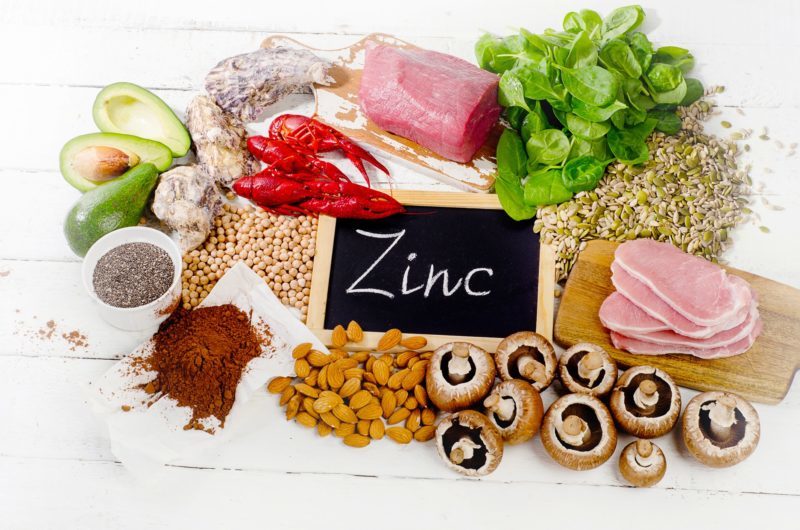The ambulatory, interventional, prospective, single-blind study randomized 104 participants in Clinic A to receive 10mg, 25mg, or 50mg of zinc picolinate daily, and paired the three groups with 96 control participants from Clinic B according to demographics and clinical parameters. Patients were compared based on clinical comorbidities, demographics, blood counts, renal functions, vitamin D levels, and their development of symptomatic COVID-19 infection.
The findings: Symptomatic COVID-19 infection was significantly higher among the control group participants than the treatment participants—nine patients had symptomatic infection in the control group, as compared to two patients in the treatment group. Controlling for comorbidities, individuals in the control group were 7.38 times more likely to develop symptomatic COVID-19 infection than individuals in the treatment group.
Related: Immune Support, the Preventative Way Researchers Find Increased Oxidative Stress in COVID Patients Pro Tips: Staying Immune Strong for Kids
The study concludes: “Zinc is a relatively inexpensive mineral nutrient that is an effective prophylactic agent to prevent and mitigate the potentially deadly symptomatic SARS-CoV-2 infection. As the COVID-19 pandemic continues with a lag in vaccinations in some regions and the continued emergence of dangerously infectious variants of SARS-CoV-2, it is important to replicate our data in other populations and locations and to engage public health and nutrition services on the emergent need to use zinc supplantation or fortification of staple foods in the prevention and mitigation of COVID-19 infection severity.”








